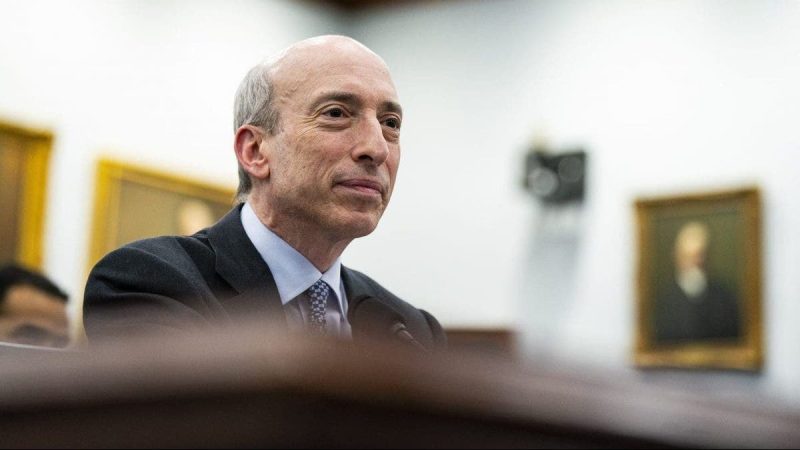In a recent turn of events, the Biden administration has opted to temporarily suspend the implementation of a controversial climate mandate that has amassed significant backlash and raised multiple legal challenges. The decision comes amidst a flurry of lawsuits aimed at challenging the validity and impact of the sweeping environmental policy.
The mandate in question, which sought to establish stringent regulations on emissions and environmental standards for various industries, has been met with resistance from numerous stakeholders, including business groups and several states. Critics argue that the mandate would place undue burden on businesses, leading to job losses and economic downturns, while proponents maintain that such stringent measures are crucial for addressing climate change and ensuring a sustainable future.
The decision to pause the implementation of the climate mandate reflects a balancing act between the administration’s environmental goals and the need to address concerns raised by opponents. By taking a step back and reassessing the potential impacts of the mandate, the administration aims to navigate through the legal challenges and craft a more nuanced approach to combating climate change that addresses both environmental and economic concerns.
The temporary suspension of the climate mandate also underscores the complexities and challenges associated with implementing ambitious environmental policies in a highly polarized political landscape. As the Biden administration navigates through the legal hurdles and stakeholder pushback, it faces the formidable task of striking a delicate balance between environmental protection and economic growth.
The ongoing legal battles surrounding the climate mandate serve as a stark reminder of the deep divisions and divergent perspectives that characterize the debate over climate change policy. While consensus on the urgency of addressing climate change may be widespread, the means by which to achieve this goal remain highly contested, drawing fierce opposition and support from various quarters.
Moving forward, the Biden administration will need to engage in robust dialogue with stakeholders on all sides of the climate change debate to chart a path forward that accommodates diverse perspectives while advancing effective and sustainable environmental policies. By seizing this opportunity to recalibrate its approach to climate action, the administration can pave the way for a more inclusive and comprehensive strategy that garners broad-based support and drives meaningful change for the planet.




























